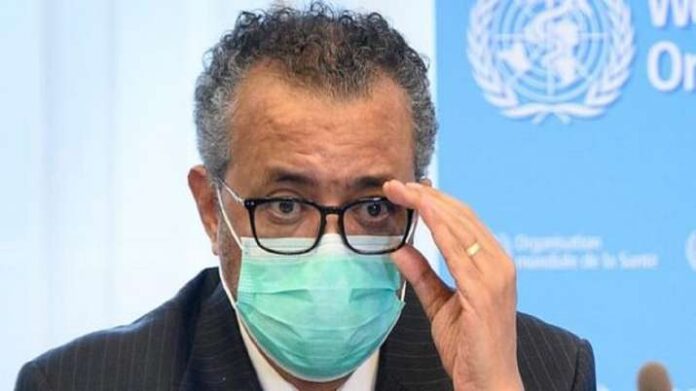
| Translate This News In |
|---|
The COVID-19 Omicron form is a “dangerous virus,” according to Tedros Adhanom Ghebreyesus, director-general of the World Health Organization (WHO).
“While Omicron causes less severe sickness than Delta, it is still a hazardous virus,” Tedros stated during a COVID-19 media briefing.
The Omicron type, which is rapidly replacing Delta in practically all countries, is to blame for the massive increase in infections, according to him. Africa’s COVID-19 vaccination rate was also emphasised by the WHO chief, who stated: “More than 85% of people in Africa have yet to receive a single immunisation shot. Unless we close this gap, we will not be able to stop the pandemic’s acute phase.”
“Progress is being made. COVAX shipped nearly twice as many doses in December as it did in November, and we expect COVAX to ship its one billionth vaccine dosage in the coming days “said he.
He also added that while some of the supply restrictions that we experienced last year are beginning to improve, we still have a long way to go to accomplish our goal of vaccinating 70% of the population in each country by the middle of this year.
He went on to say that 90 countries have yet to reach the 40% vaccination target, with 36 of them vaccinating fewer than 10% of their people.
“WHO and our partners are actively assisting these countries in overcoming leadership and coordination constraints, lack of supply visibility, short shelf-life of donated vaccines, limited cold chain capacity, vaccine confidence, health professional shortages, and conflicting priorities,” he added.

















